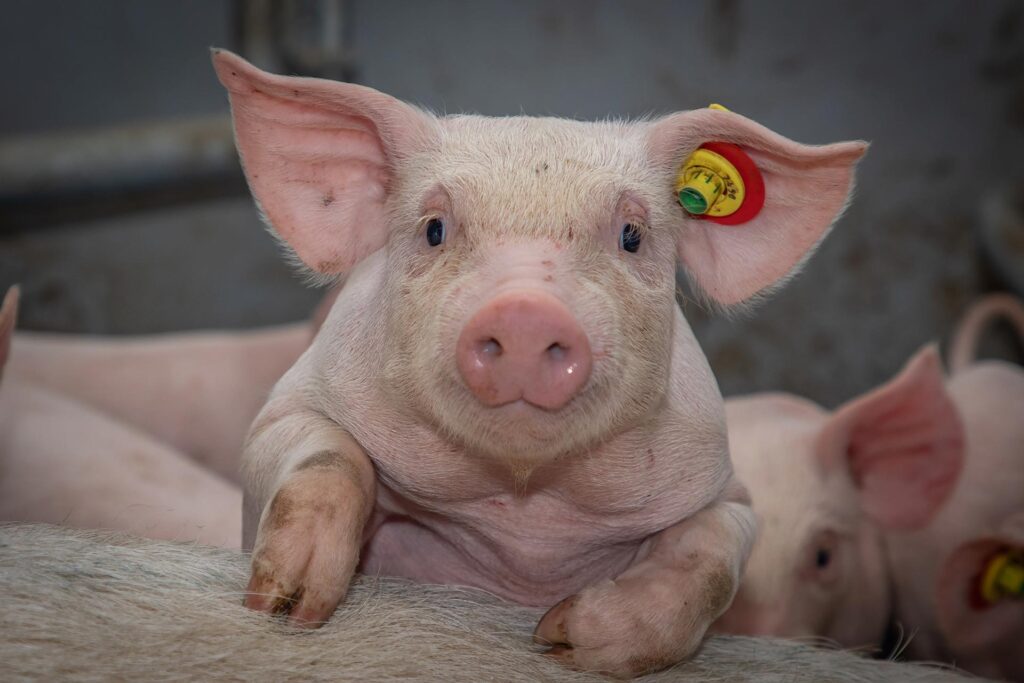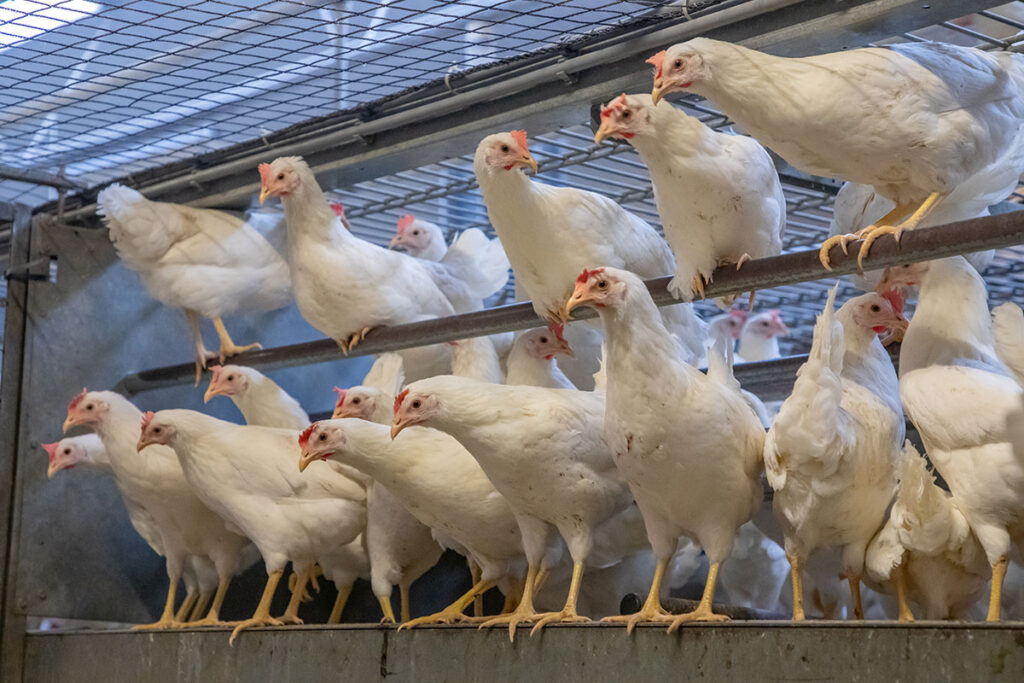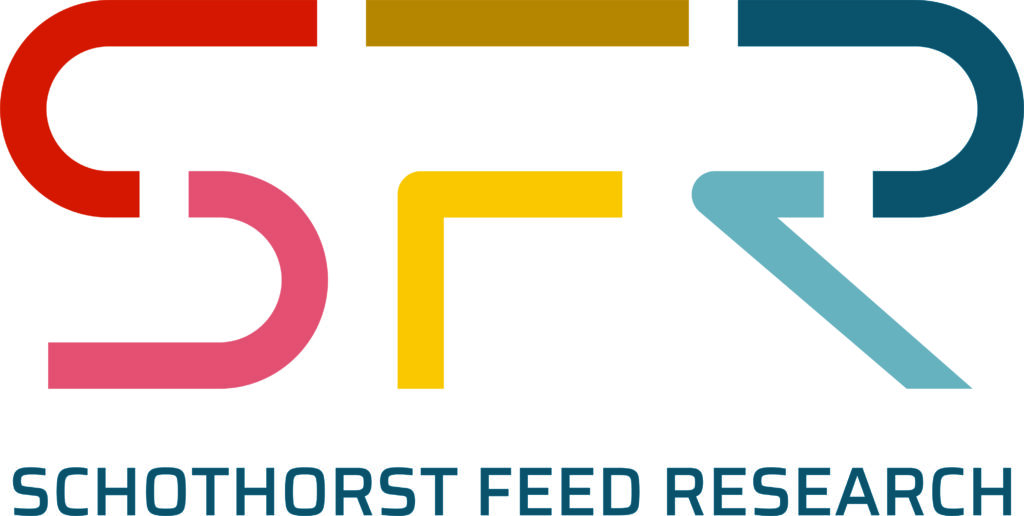A toolbox to assess gastrointestinal health effects of natural products.

Preserving livestock health and welfare is a challenge when considering young animals. The innate immune system should efficiently respond to a challenge (not only microbial, but e.g., also heat or stress from weaning) and return to a homeostatic state when the challenge is counteracted. It is well accepted that the condition of the gastrointestinal tract (GIT) is of central importance for both health and welfare. This concept that the GIT is central to general health is the basis for feed companies to search for health promoting substances that can be mixed with the diet as additive.
To claim health benefits, new additives ultimately need to be tested in target organisms, for instance in field studies. However, such animal studies are time-consuming, expensive and sometimes a burden to the animals, especially when specific outcome parameters need to be evaluated through blood or tissue analyses. Initially, the number of substances to be tested may range from few to hundreds, which would entail substantial to huge financial costs and ethical concerns (use of too many animal tests for screening) if all substances had to be tested in vivo. Ideally, substances are first pre-selected with simplified, but mechanistically relevant in vitro tests, and only promising substances are then tested in vivo.

Clearly, such tests should then be selective and specific and should provide data translatable to effects in whole organisms and vice versa. This translation requires relevant mechanistic knowledge on biological activity and chemistry of substances as well as a standardized toolbox of in vitro models to determine biological effects. The concept of GITools is therefore that a toolbox of well selected in vitro methods can predict health-promoting in vivo effects of natural feed additives via the gastrointestinal tract (GIT).
For this, the GITool-box will have 3 categories of test methods:
- In vitro culture models (cell lines and stem cell-derived intestinal organoids, co-cultured with immune cells and reporter cells),
- Intestinal digestion models (dynamic or static in vitro digestion methods),
- Chemical and (micro)biological analytics (e.g. chemical analyses of complex samples, biomarker and microbial detection methods).
Linked to test methods, GITools will provide data science protocols to link in vitro data to in vivo effects. The concept of GITools fits within the ambitions of a large network of partners and links to a number of regional, national and international spearheads. The consortium of the current proposal consists of four companies and five knowledge institutes, including SFR.
Start project: 01/01/2023
End of project: 31/12/2025
Partners








